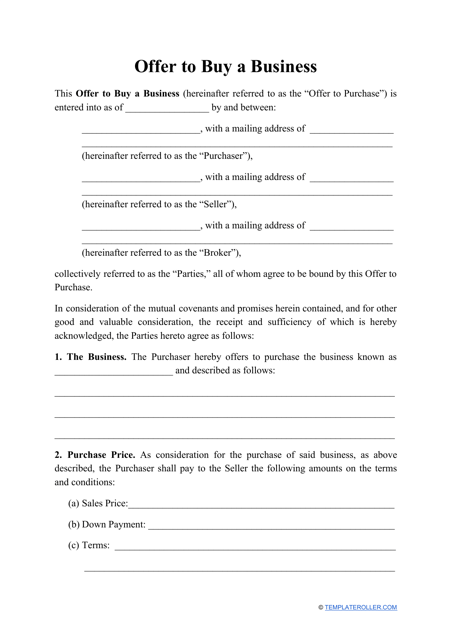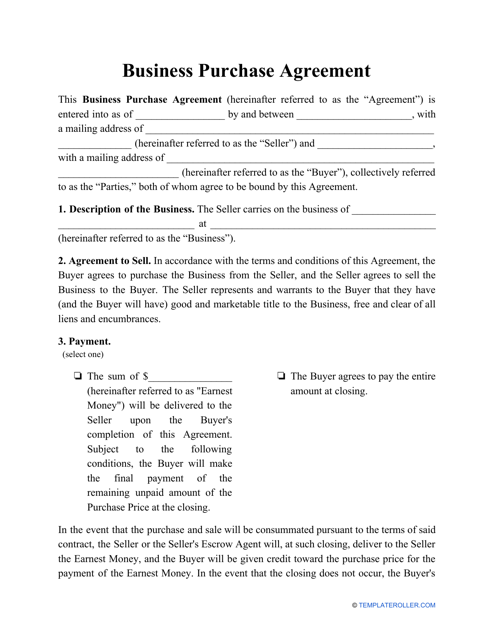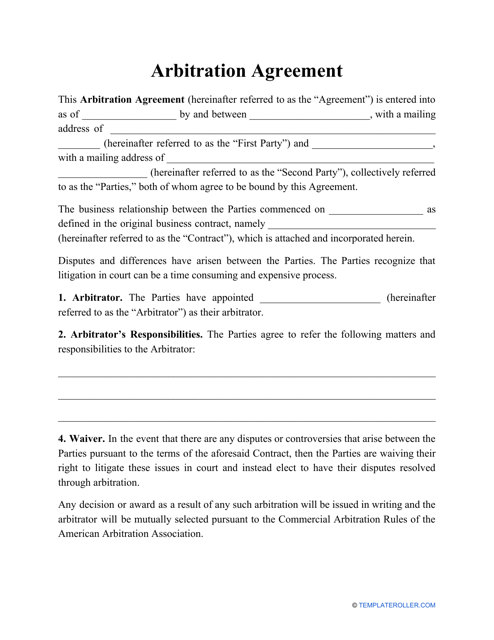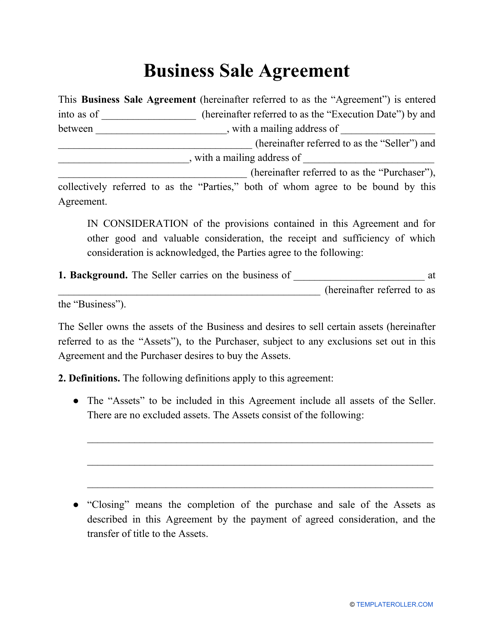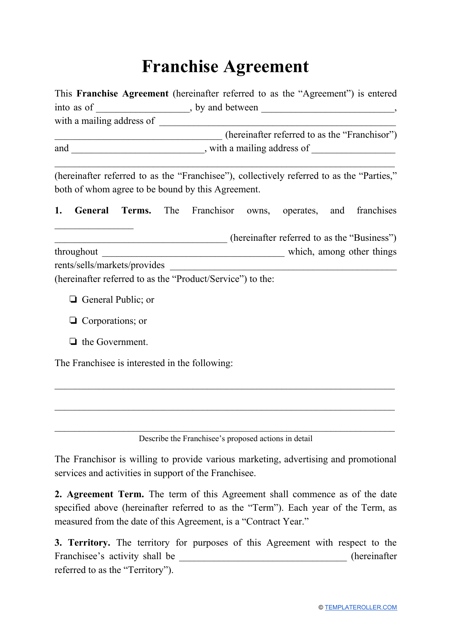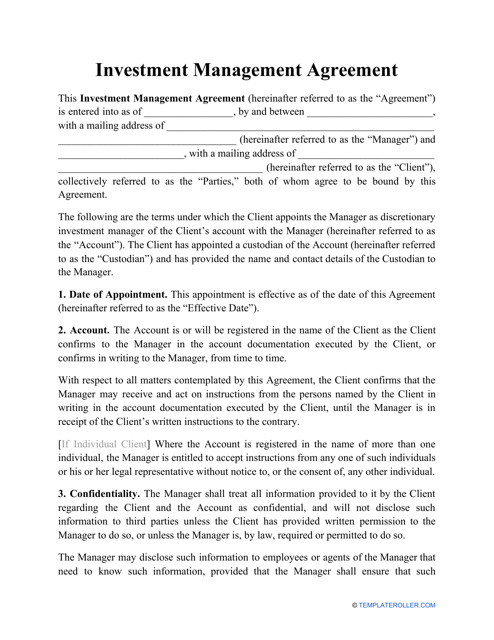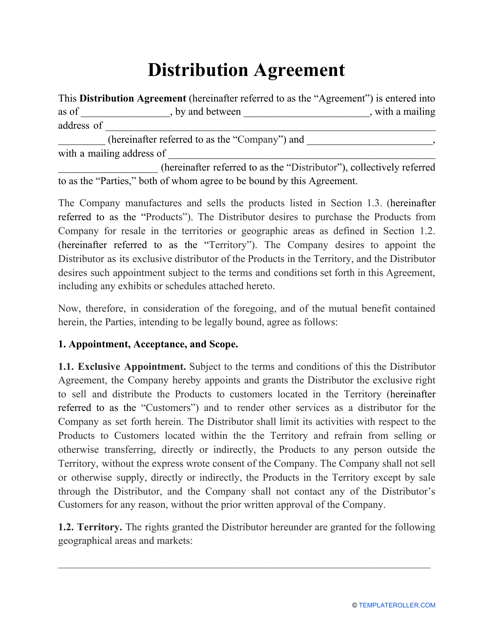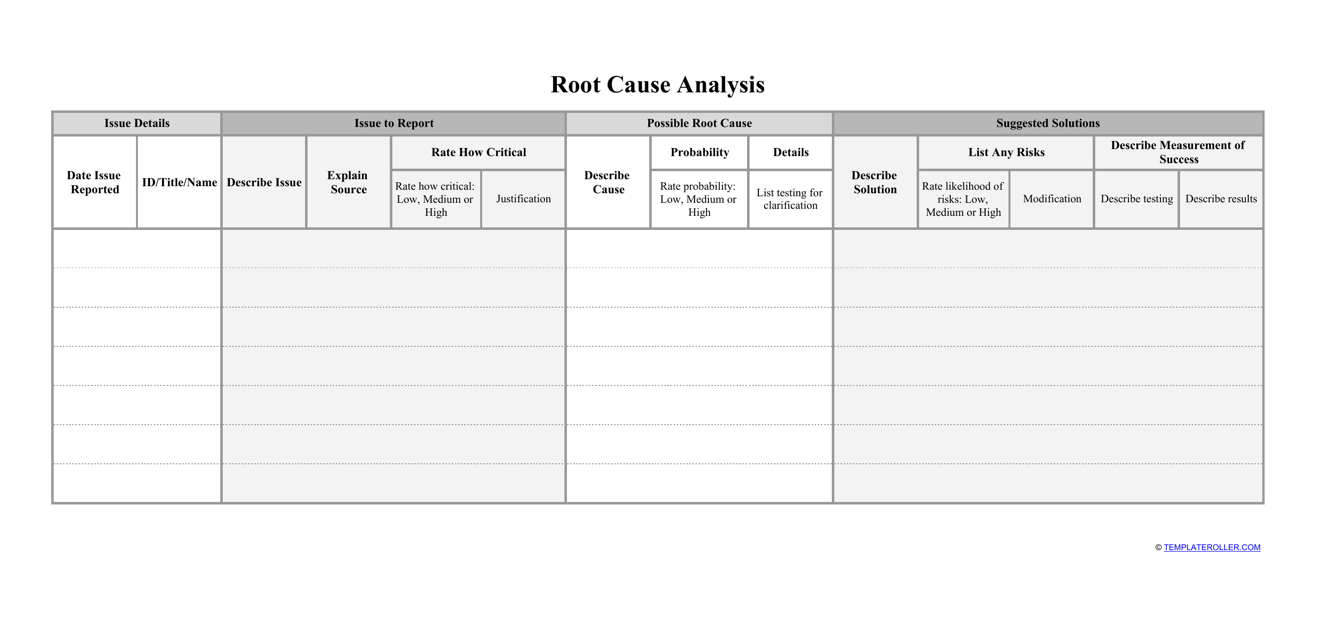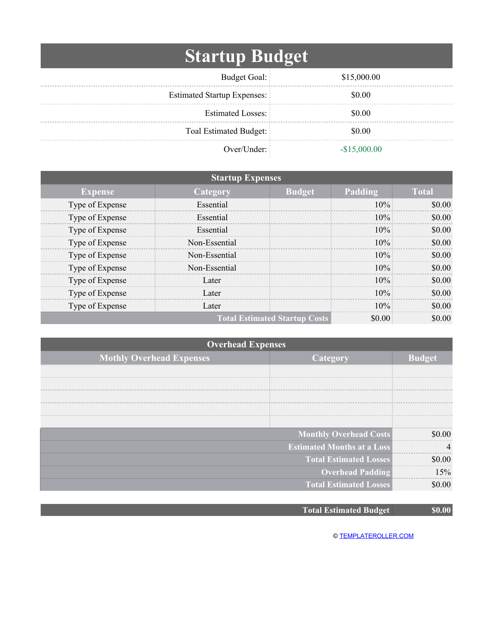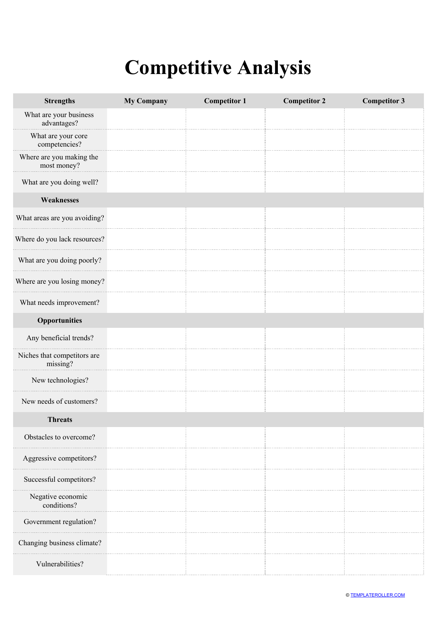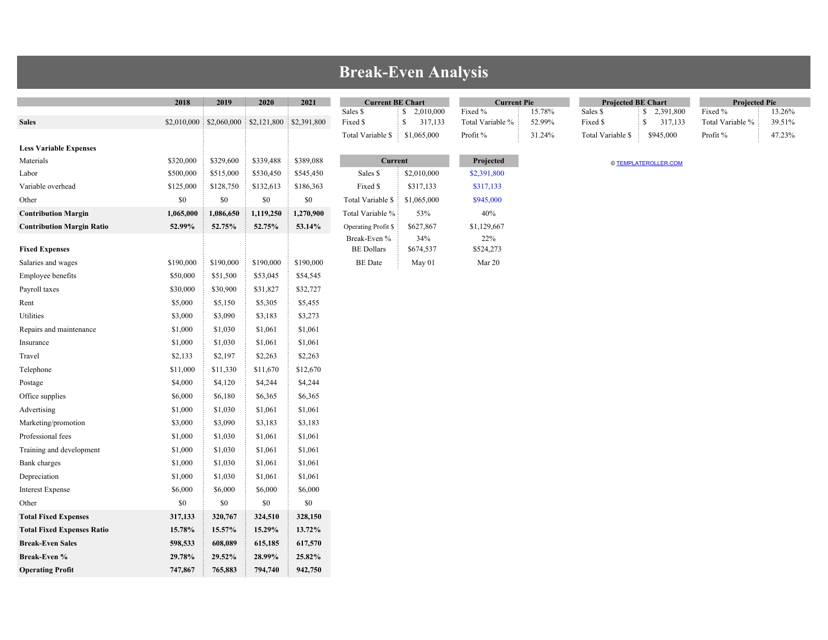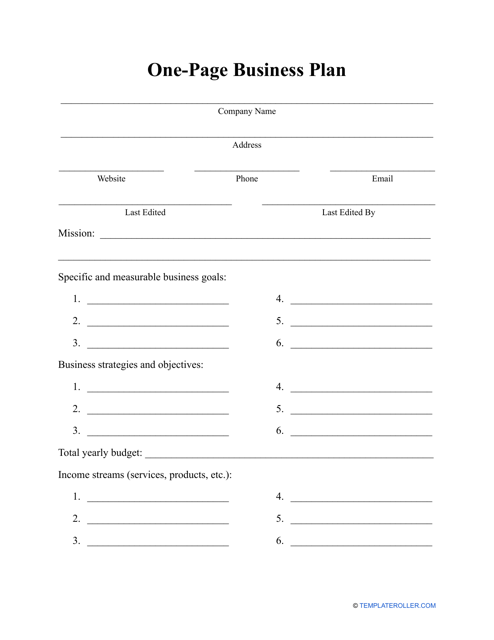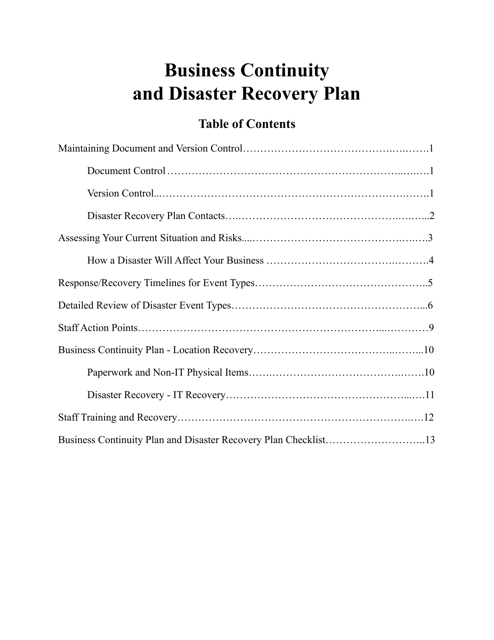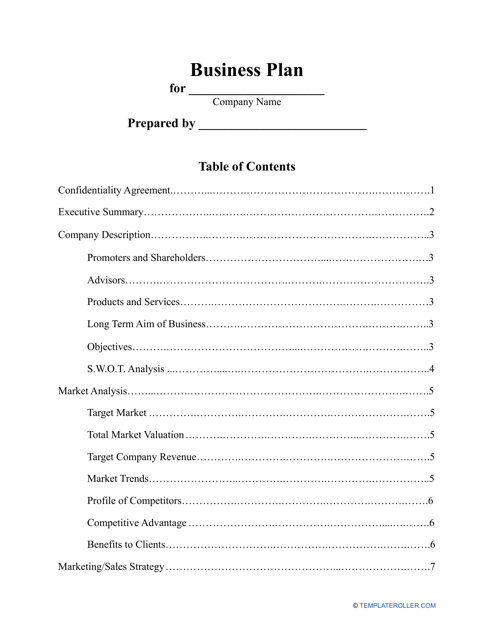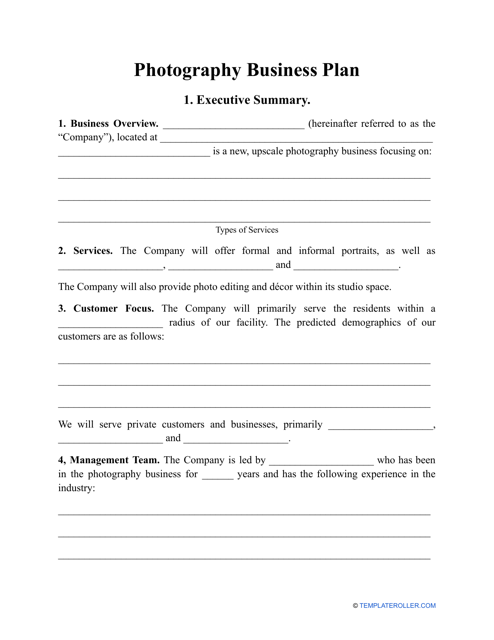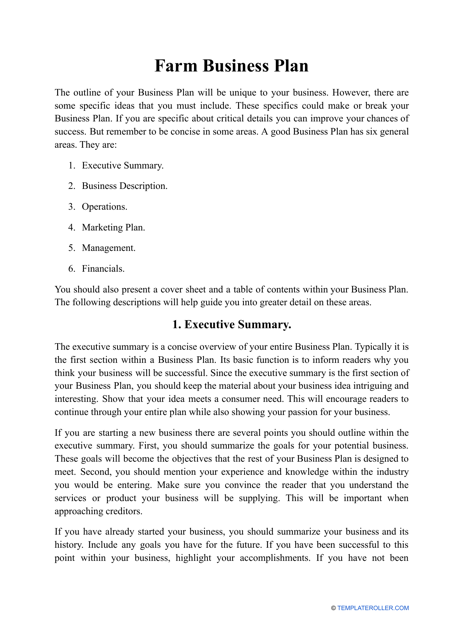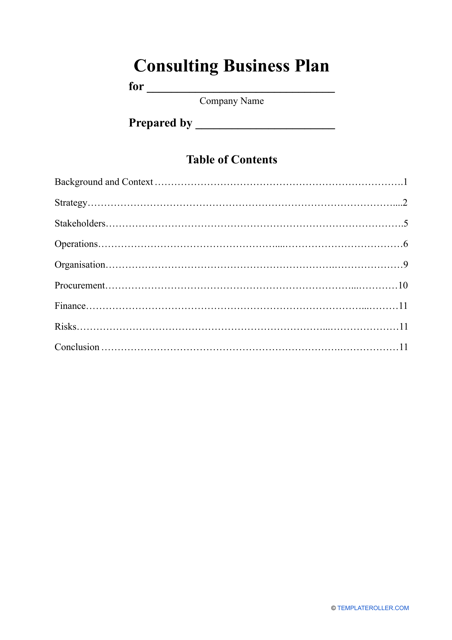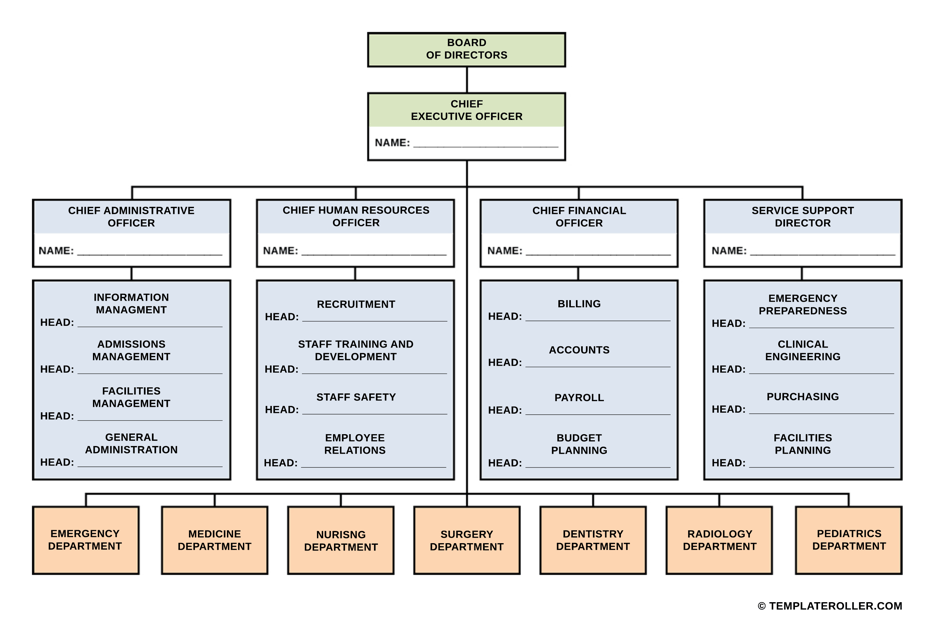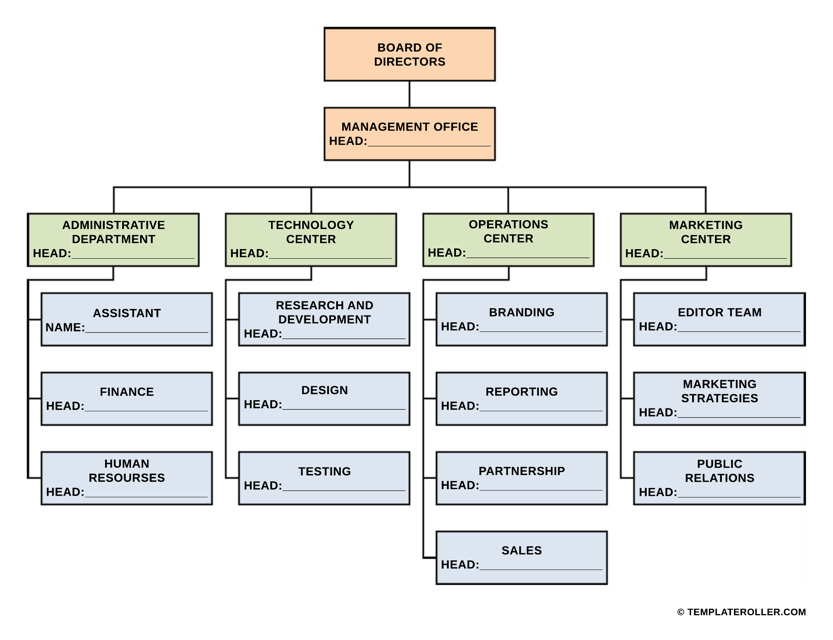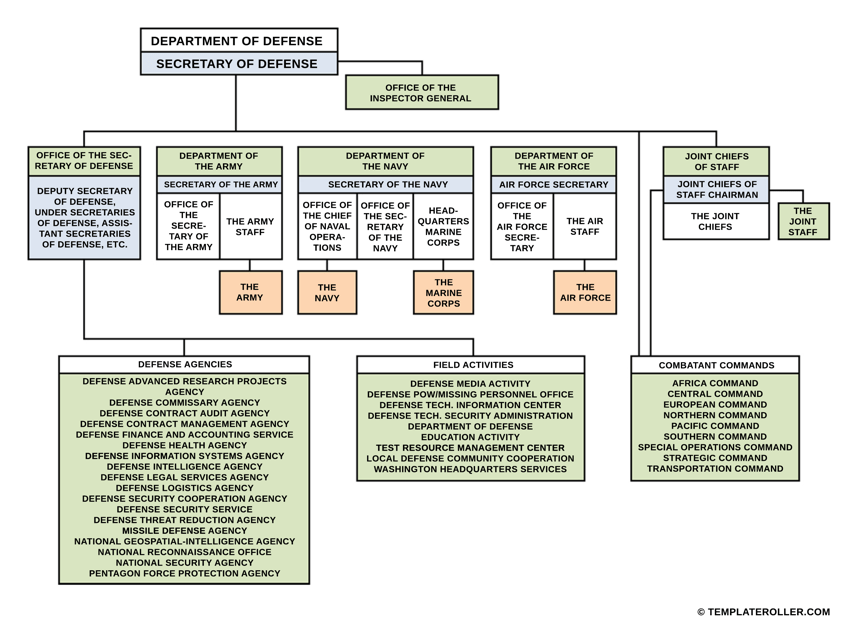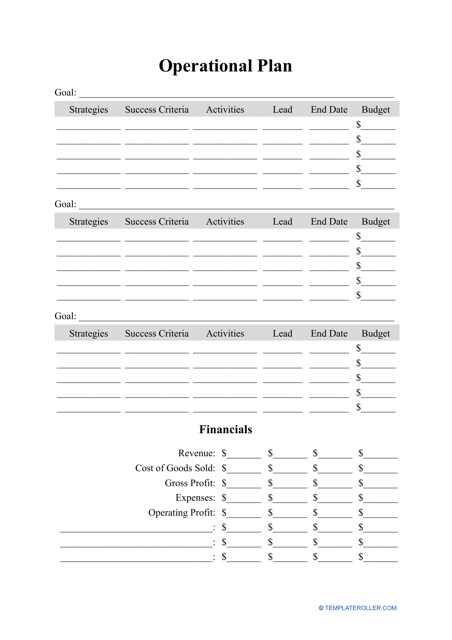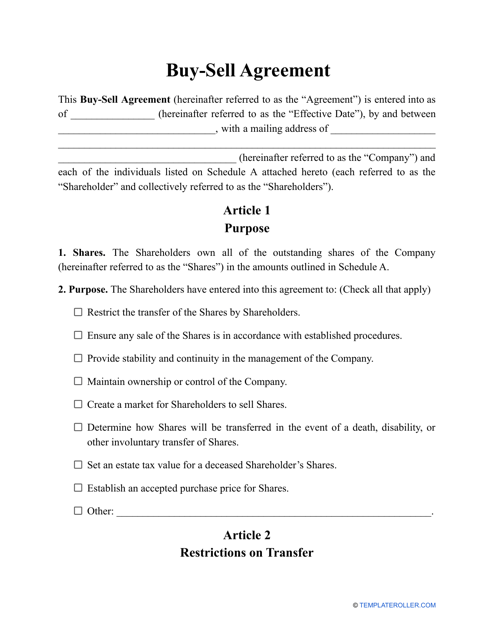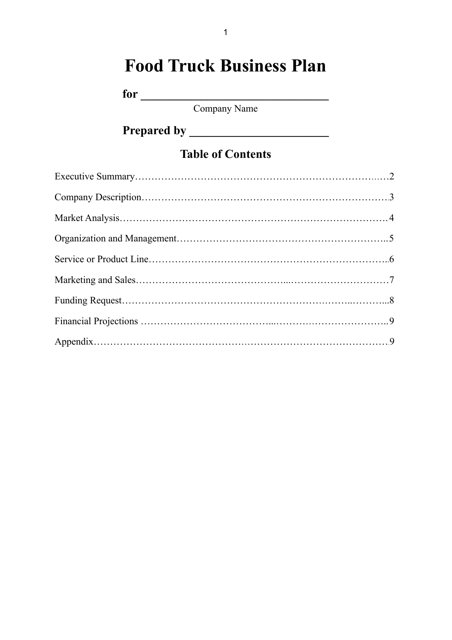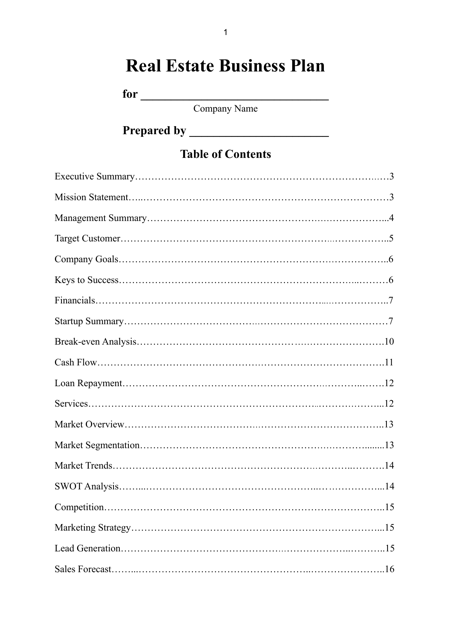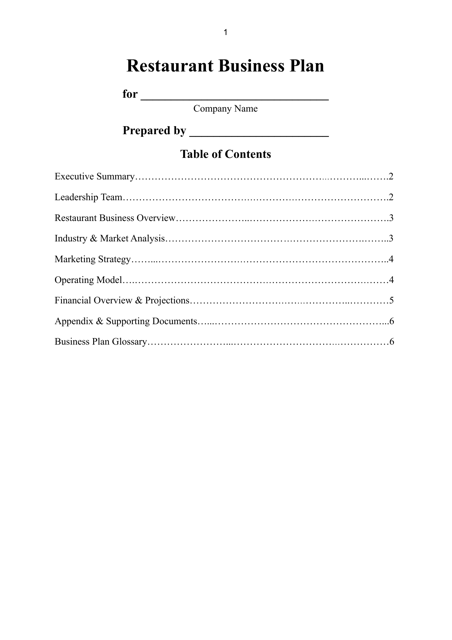Starting a Business - Free Forms and Templates
How to Start a Business?
If you have true belief in your business ideas and are prepared to offer goods and services to the public that will be genuinely interested in purchasing them, you may be ready to start a business. Follow these steps if starting a business from scratch:
- Explore the market. You need to see whether you have easy-to-start business ideas or they are repetitive and cannot possibly bring you income.
- Raise money or take loans to create a financial basis for your business.
- Choose a business location, the name of your company, its distinguishing design features, and other details that will help customers and business partners recognize your organization.
- Register your entity to conduct business legally. One of the stages of becoming a legitimate company is obtaining tax identification numbers – it will allow you to file taxes properly and enter into transactions securely.
- If your business needs any licenses or permits, apply for them as soon as you recognize this necessity to comply with legal requirements.
- Open bank accounts to deal with day-to-day transactions and compose financial statements each month and year for your own records and reports to the authorities.
What Do You Need to Start a Business?
If you are wondering how to start a business, you might want to begin with learning more about the main documents required for every company that begins its commercial activities:
- Offer to Buy a Business. Use this template to make an initial proposal to purchase an already established or developing company from its owner.
- Business Sale Agreement or Business Purchase Agreement. This is the principal document that outlines the terms and conditions of the transfer of ownership from a seller to a purchaser.
- Business Plan. Whether your company is brand new or you have been a major player in your industry for many years, you can use our templates to describe your business projects and define clear objectives for the future.
- LLC Articles of Organization. This document outlines the necessary statements for establishing a Limited Liability Company (LLC) in the United States.
- Competitive Analysis. Create a personalized document that indicates information about your competitors, evaluates their achievements and missteps, and compares your business with them.
- Franchise Agreement. See our selection of templates that will allow you to transfer or acquire the rights to sell particular goods under the trade name and trademark of a different company and with the use of the franchisor’s proprietary knowledge.
- Investment Management Agreement. This document serves as a safeguard against any preventable monetary losses that could negatively impact the investor and create a potential legal dispute for the investment manager.
- Distribution Agreement. This written contract is prepared by the manufacturer of goods and the company that sells their products (the distributor) in order to outline the details of the distribution.
- Arbitration Agreement. This document serves as proof of the agreement to settle any future disputed claims by binding arbitration.
- Break-Even Analysis. This financial instrument is essential in determining whether and when your new services and goods, or even business as a whole, will bring you any profit or they will just barely cover your expenses.
- Startup Budget. While you are still in the planning phase and are simply preparing to launch your business, you can use this document to learn more about the costs needed to start your own company.
- Organizational Chart. This visual tool will represent the structure of your business – all departments, subsidiaries, and branches along with the relative ranking of the positions.
- Root Cause Analysis. You can compose a diagram or table that will identify the factors and prerequisites that led to the issues in your business and will help you to respond to them in an effective way.
Related Forms and Topics:
Related Articles
Documents:
25
The purpose of the Offer to Buy a Business offer is to provide information about the conditions in which a prospective business purchaser is willing to close the deal.
This legal contract is used for transfering a business to the buyer according to the terms and conditions specified in the document.
This contract stipulates that any disagreements that might arise during business will be handled outside of court.
A Business Sale Agreement lists the details, rules, and conditions necessary for a successful exchange of ownership of a business.
Use this contract to allow a third party to use your brand, trademark, and operational model to establish a franchised business that will be associated with yours.
This type of agreement can be used when a person or entity is interested in investing in any amount and would like to protect all of the involved parties from potential legal disputes.
This is a written contract prepared by a supplier (manufacturer) and the company that sells its products (distributor) to outline the details of the distribution.
This document can be used when determining the causes of problems and subsequent identification of suitable solutions.
This document is a way for a startup business to assess all of the costs necessary to open their business based on income and expenses.
This kind of market analysis allows entrepreneurs to determine their competitors' strengths and weaknesses in a marketplace and perform effective strategies to improve their competitive advantage.
This is an analytical tool that allows an entity to determine at what point its business may reimburse all of the investments made in this project, and the subsequent income that can be called profit.
The purpose of this document is to gather all of the necessary information about a business, systematize it, and present it in the form of a one-page summary.
This plan acts as the internal strategy of a business that contains measures the company will take to continue its regular operations in the event of a major disruption.
A Business Plan template can act as a roadmap that contains an overview for a start-up or an already established company.
The purpose of this document is to present information about a photography business, what will be its target market, financial background, goals, strategies, and other details.
This type of business plan is adapted for individuals who would like to start a farming business and for entities who are conducting farming business.
Individuals may use this type of business plan when they would like to start their own consulting business or improve their existing consulting business.
This type of template acts as a visual diagram that shows the hospital chain of command.
The purpose of this document is to provide information about how your business is organized, what are the relationship and responsibilities of different departments, and how they are related to each other.
This template acts as a visual diagram that establishes the army hierarchy by demonstrating the roles, obligations, and relationships between army personnel.
Businesses may use this type of template to determine who is responsible for certain tasks, as well as, how and when those tasks should be done in order to achieve the goals set out by a company.
This type of agreement is a legally binding document that ensures that a business or a fraction of the business gets redistributed in the event that the business owner becomes unfit to run the business for specific reasons, mainly associated with death.
If you are planning on starting a Food Truck business, the first thing you need to do is create this type of template to have a clear and structured idea of what the business will offer.
This is a formal template that can be used to outline the strategy of a Real Estate organization, the goals the company wants to meet, and the means of achieving that.
A current or prospective restaurant owner may use this type of template to list their plans and set objectives related to the opening of a new establishment or rebranding of an old one.

